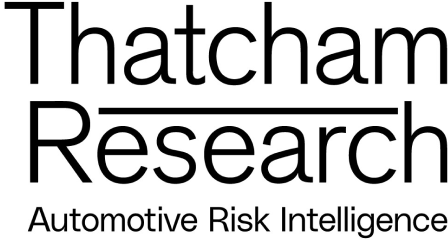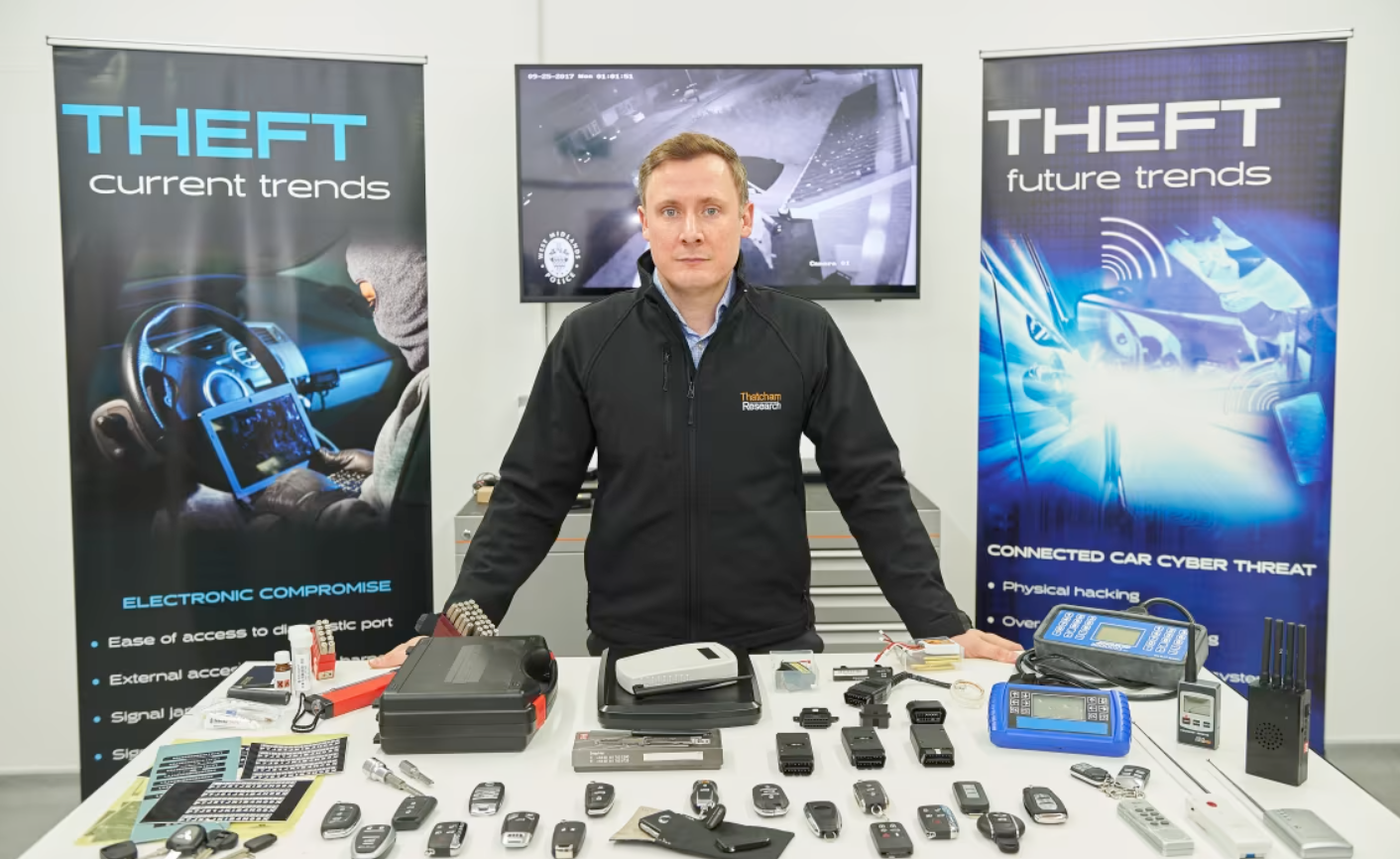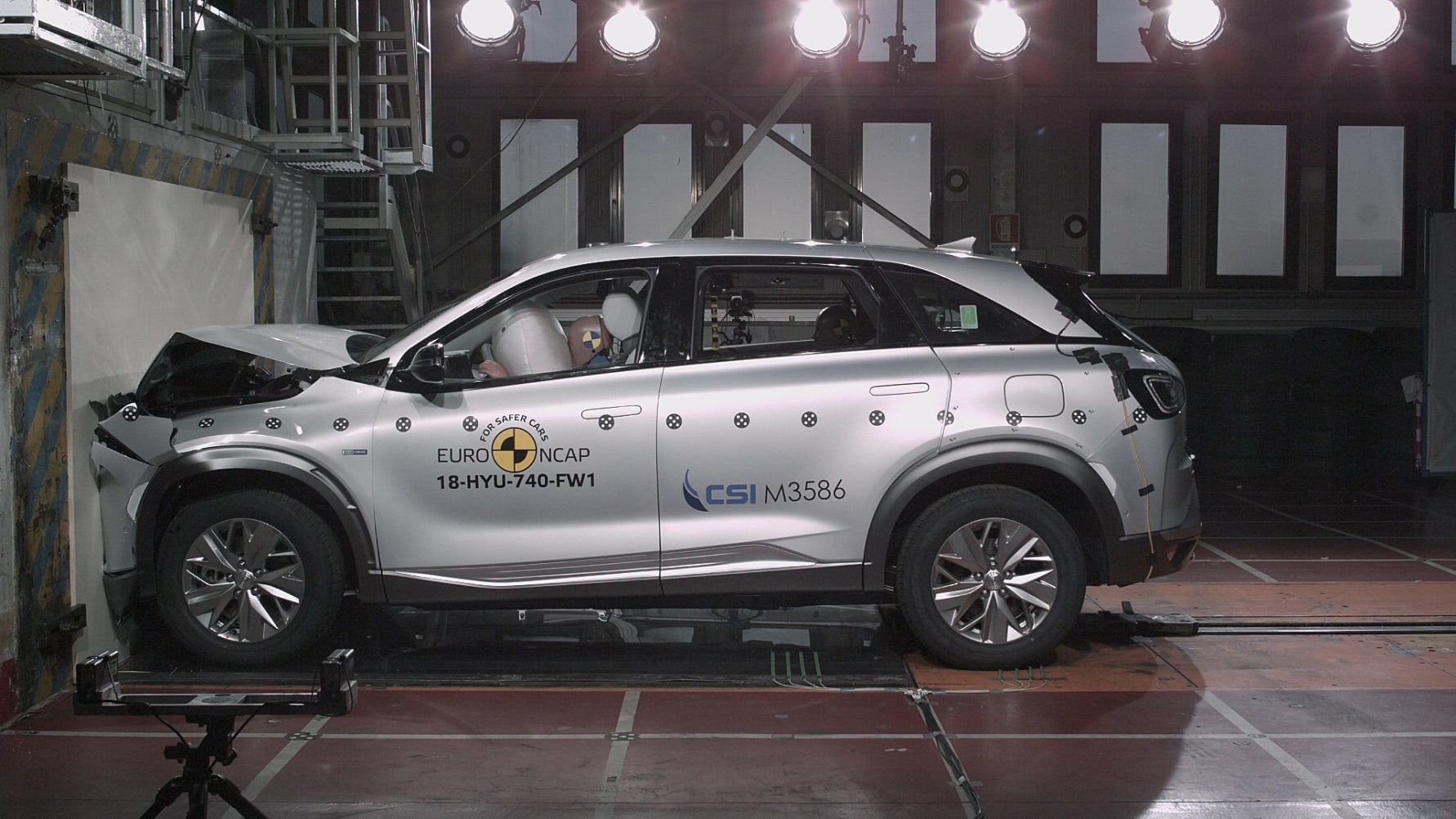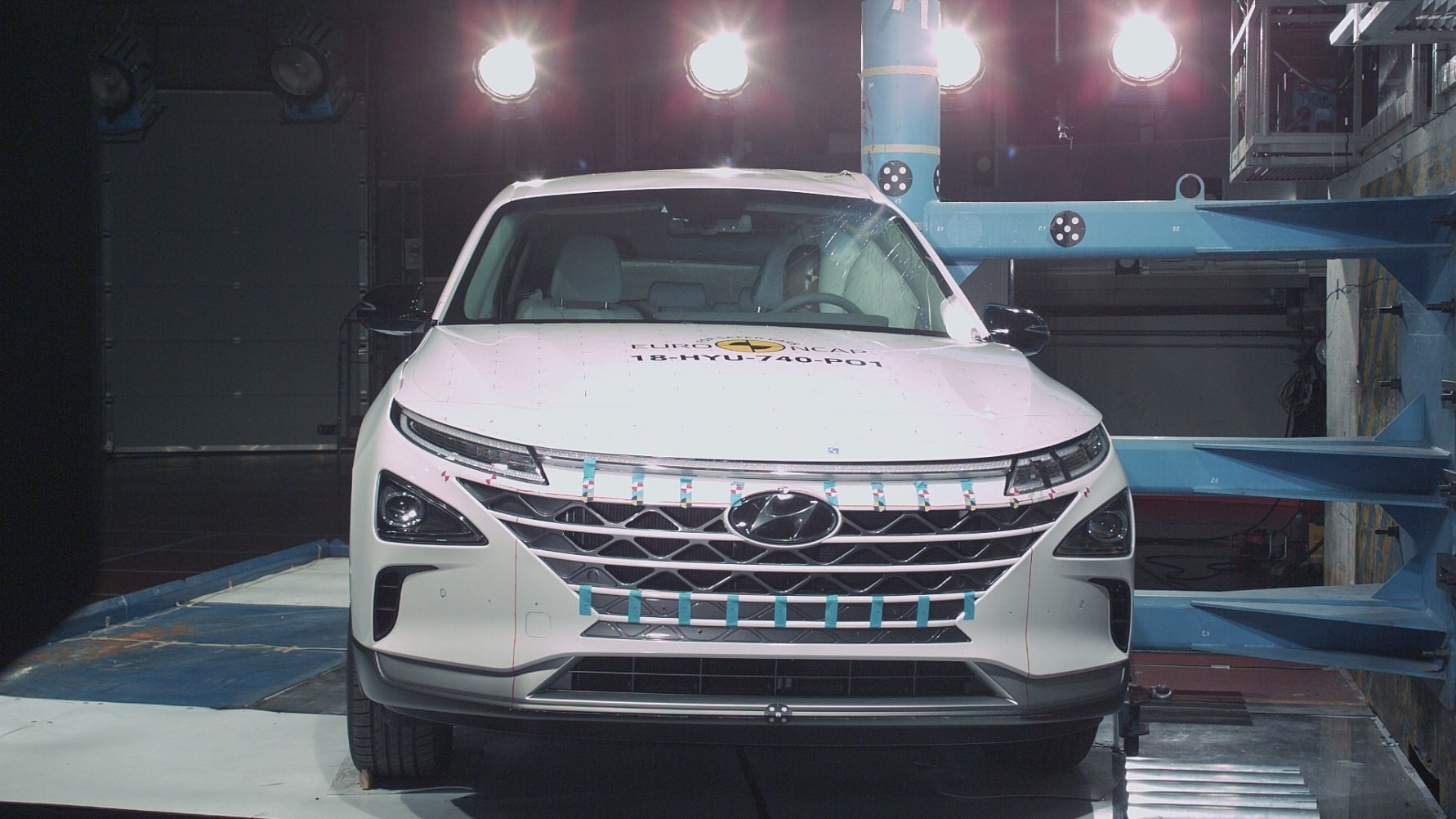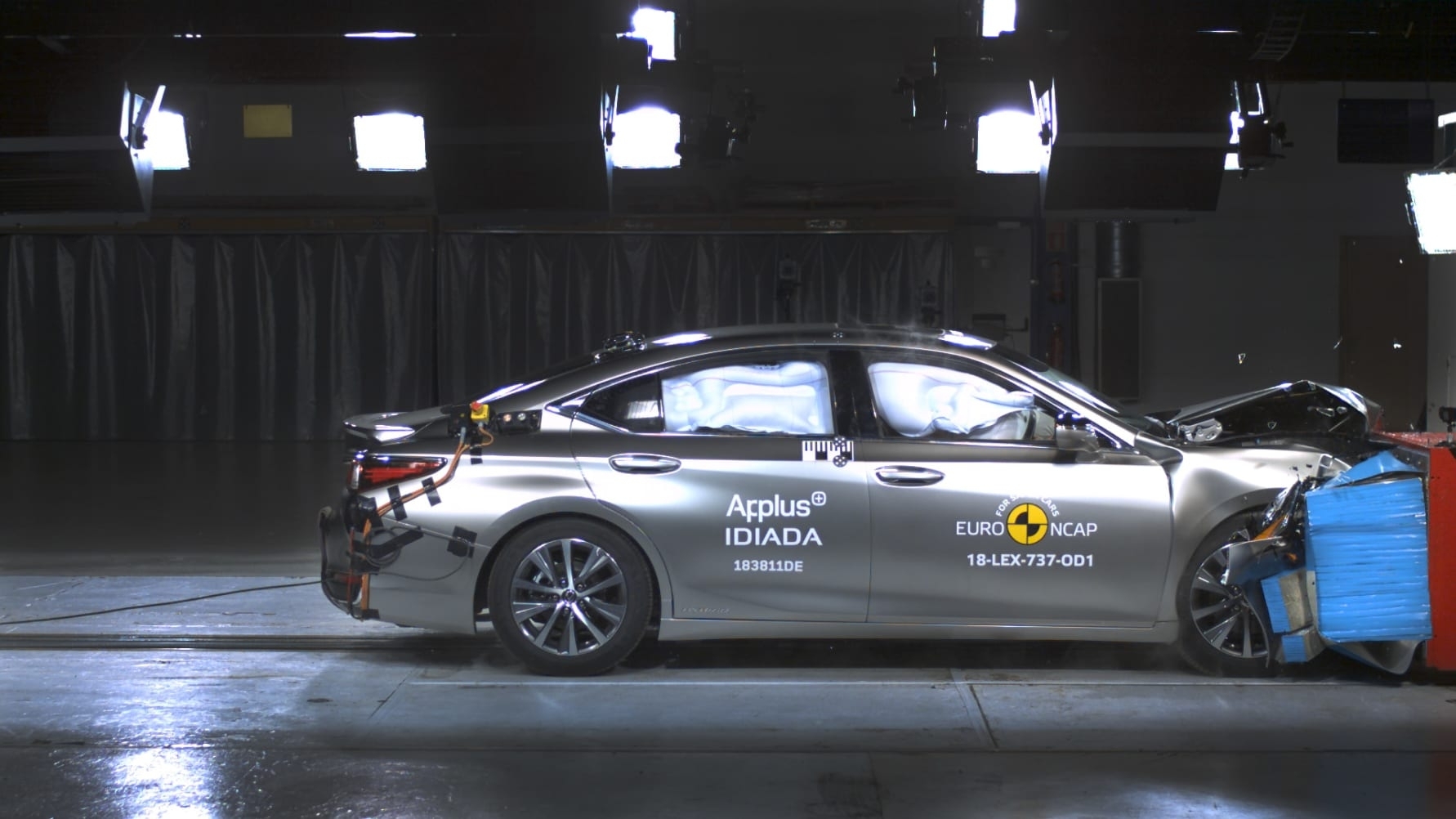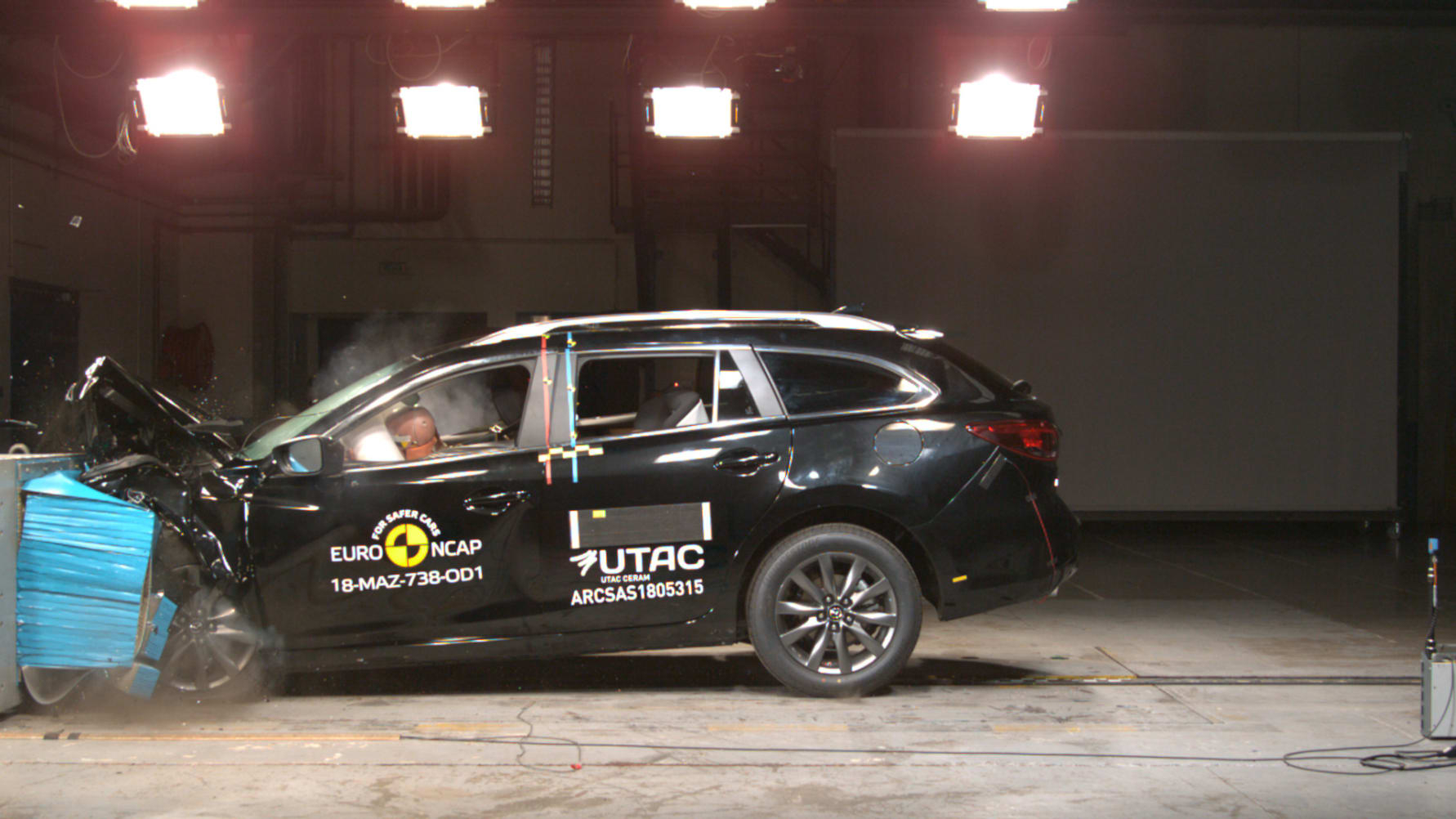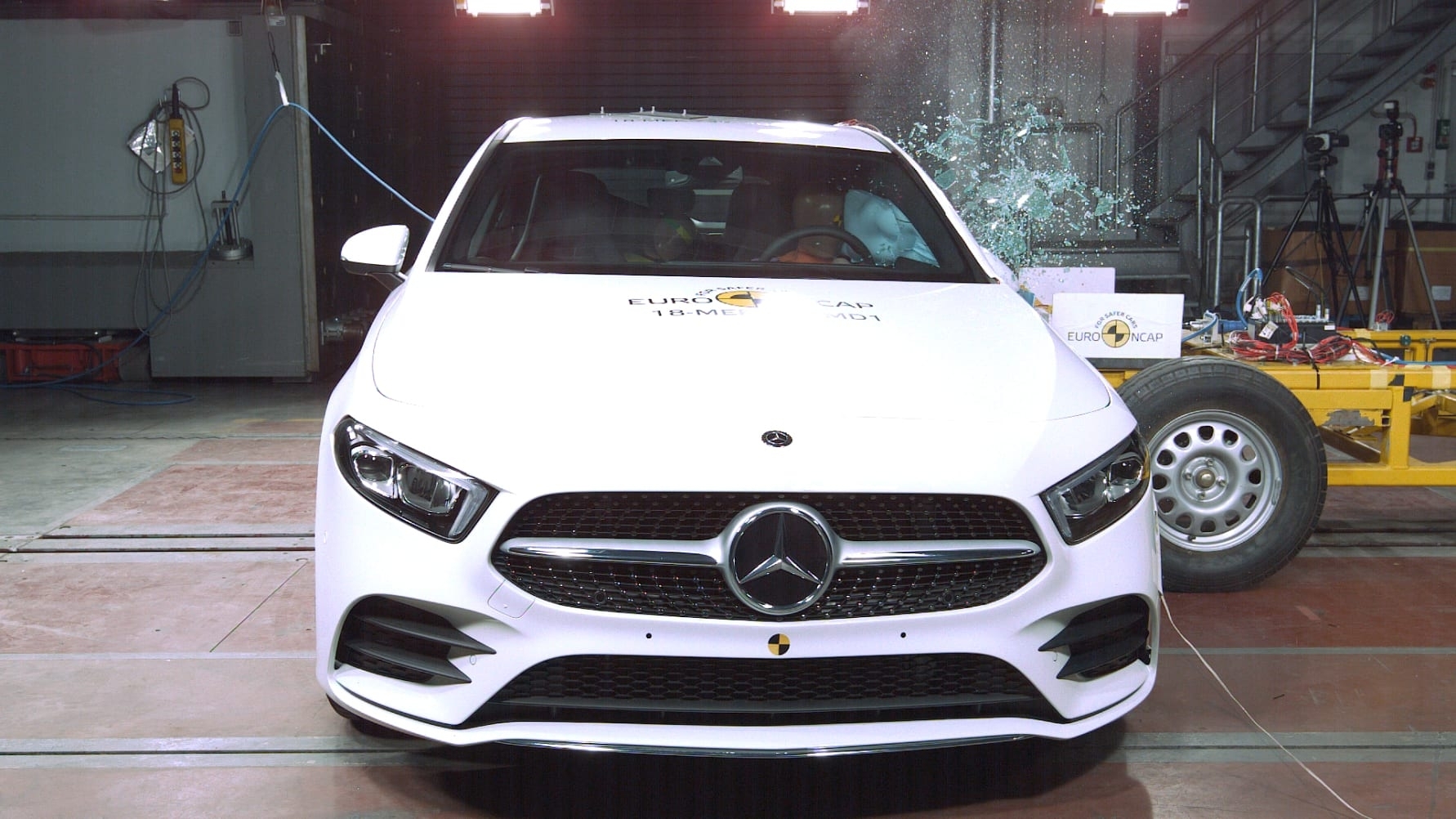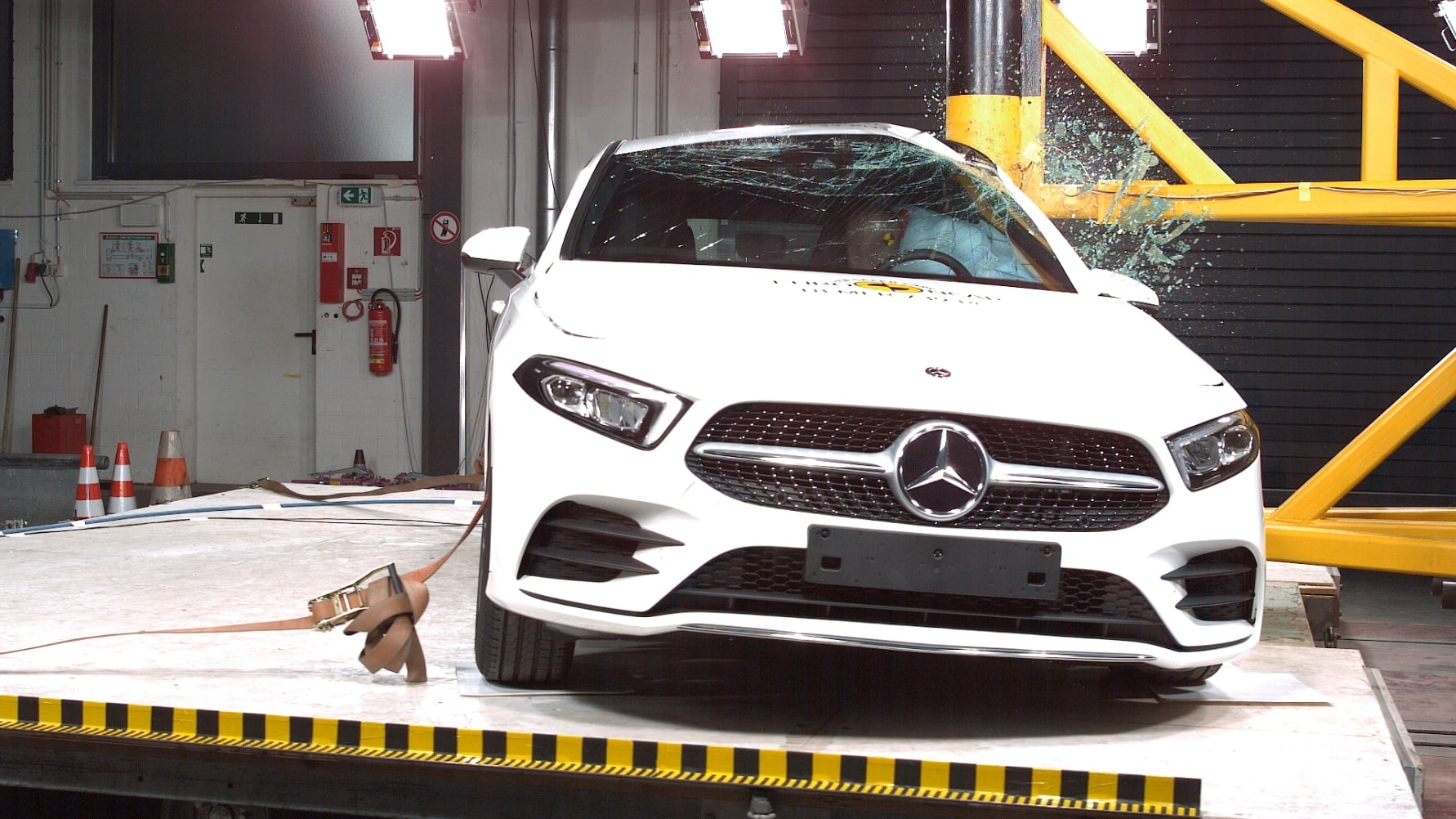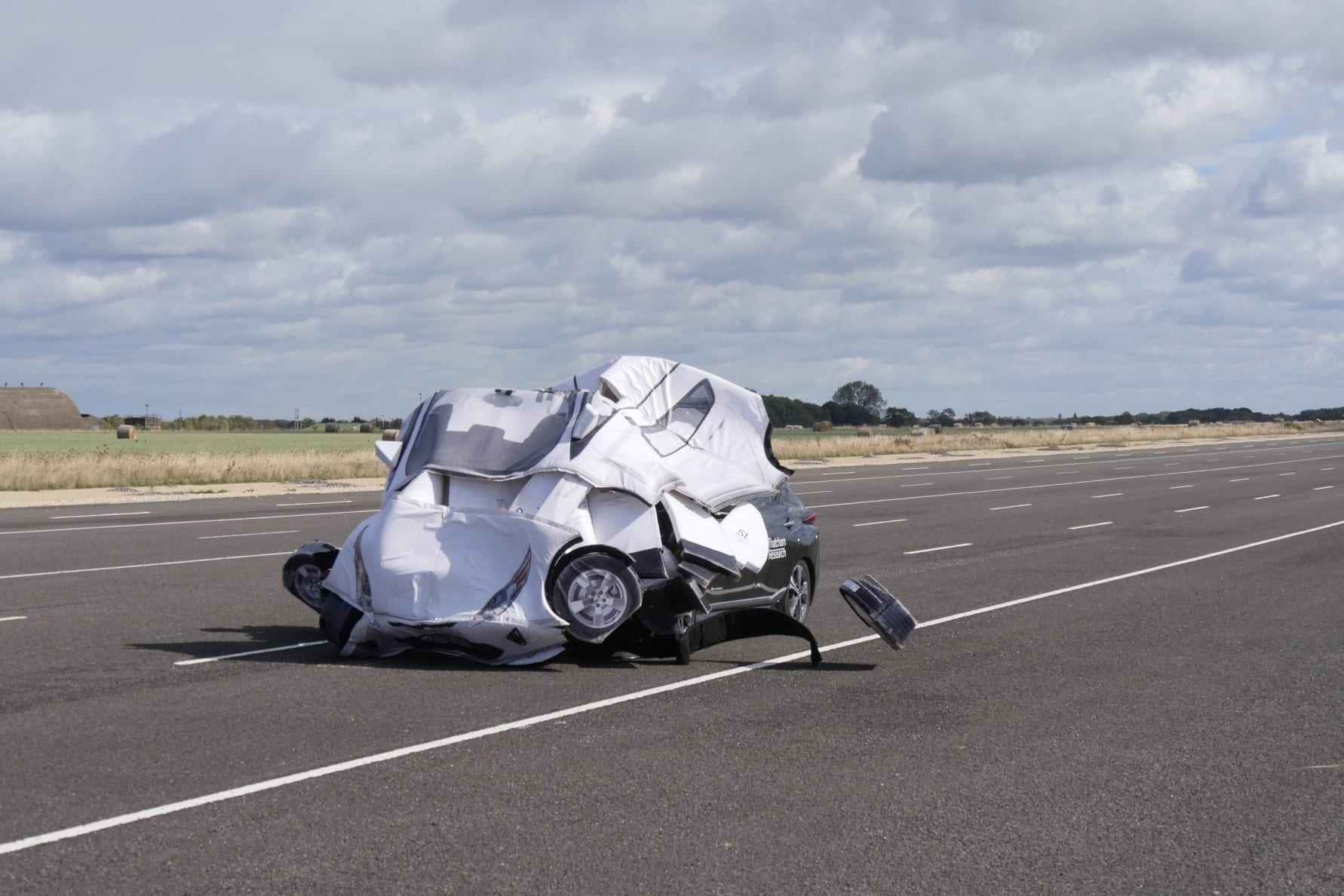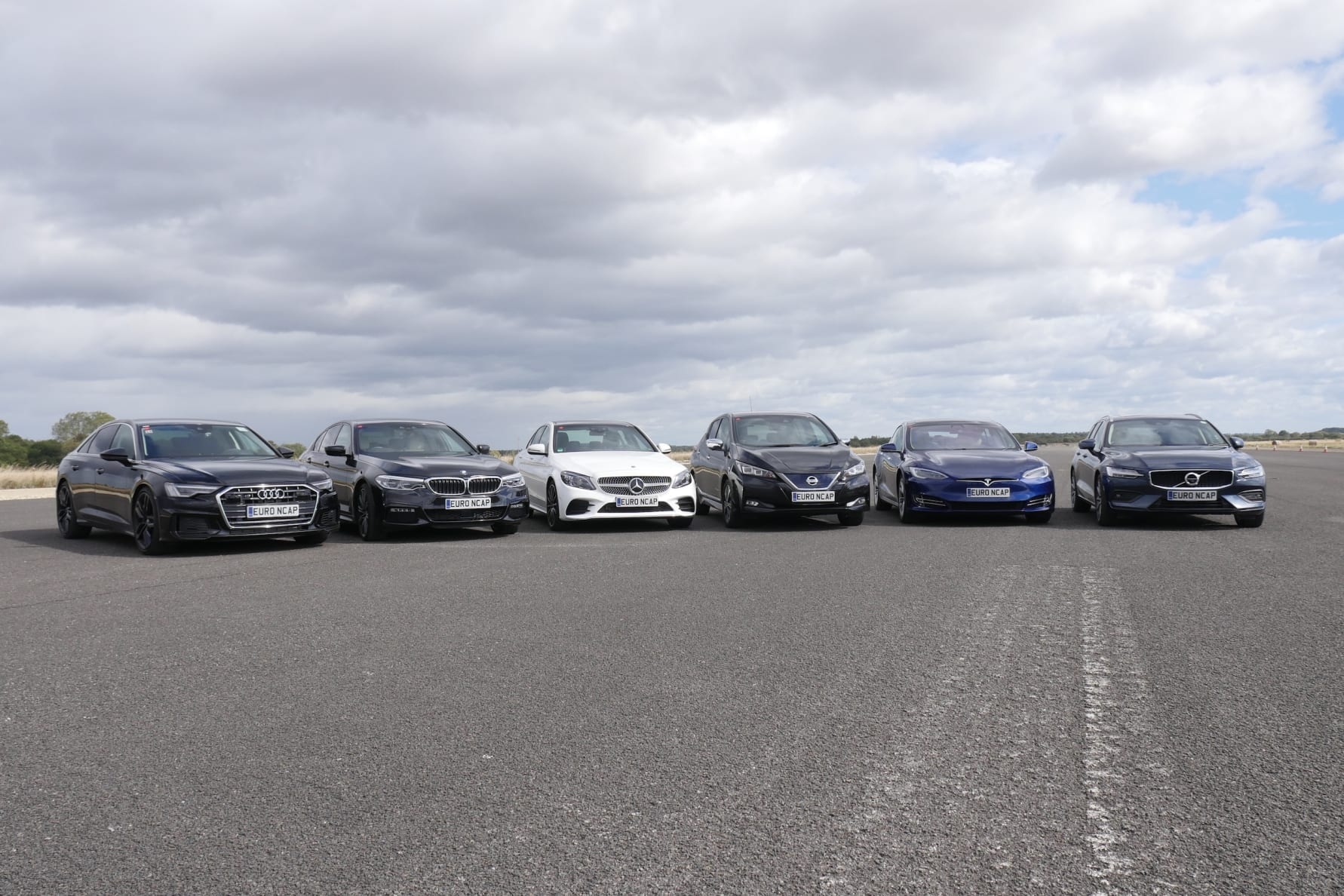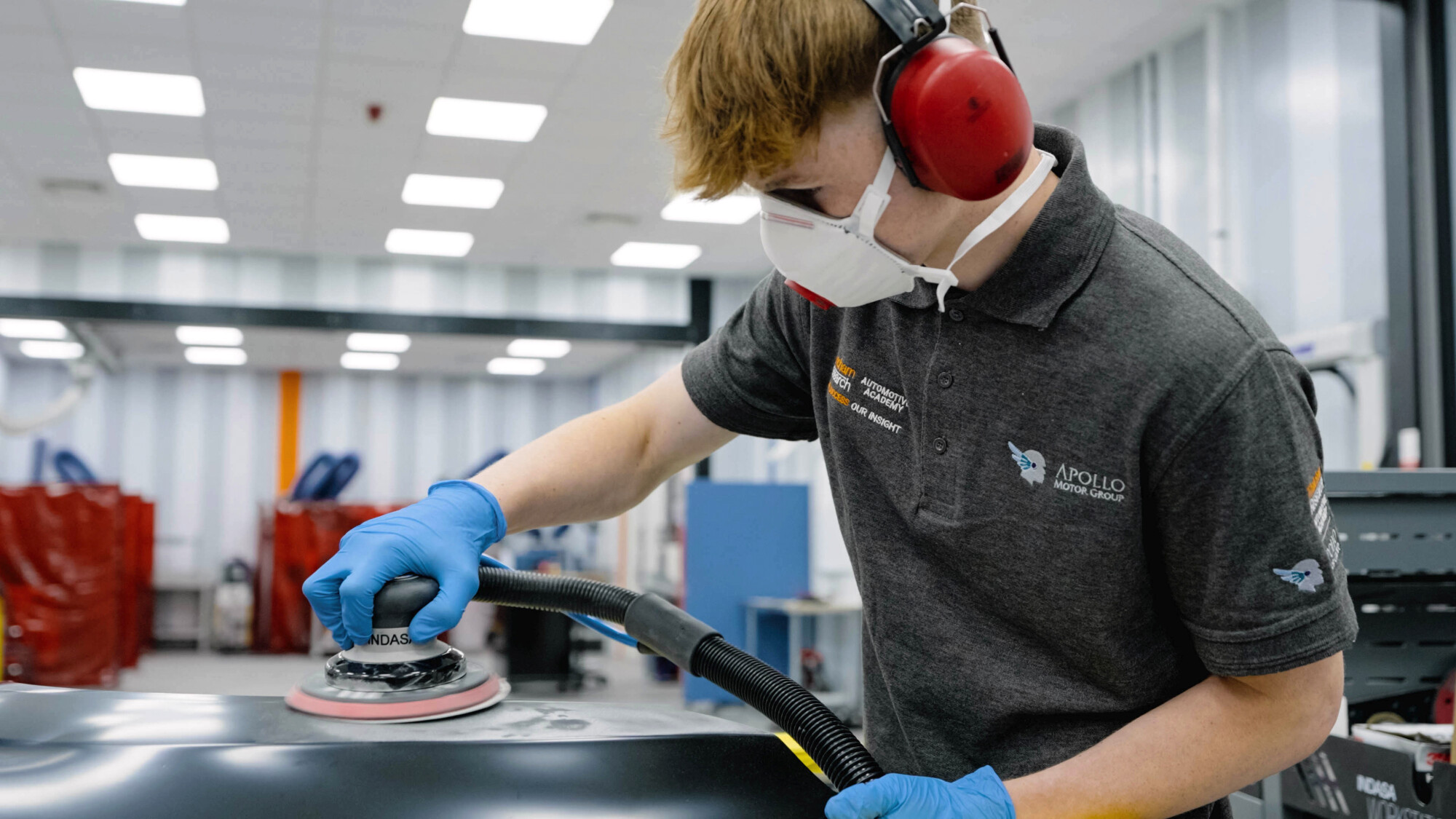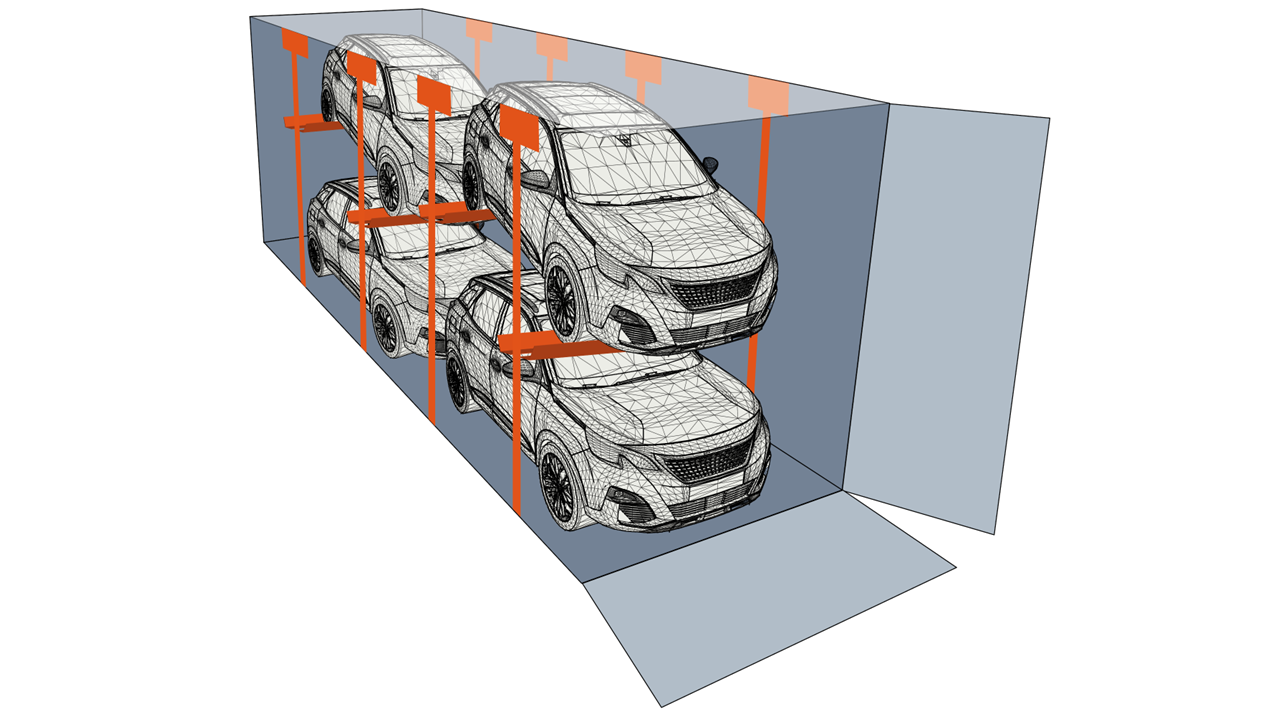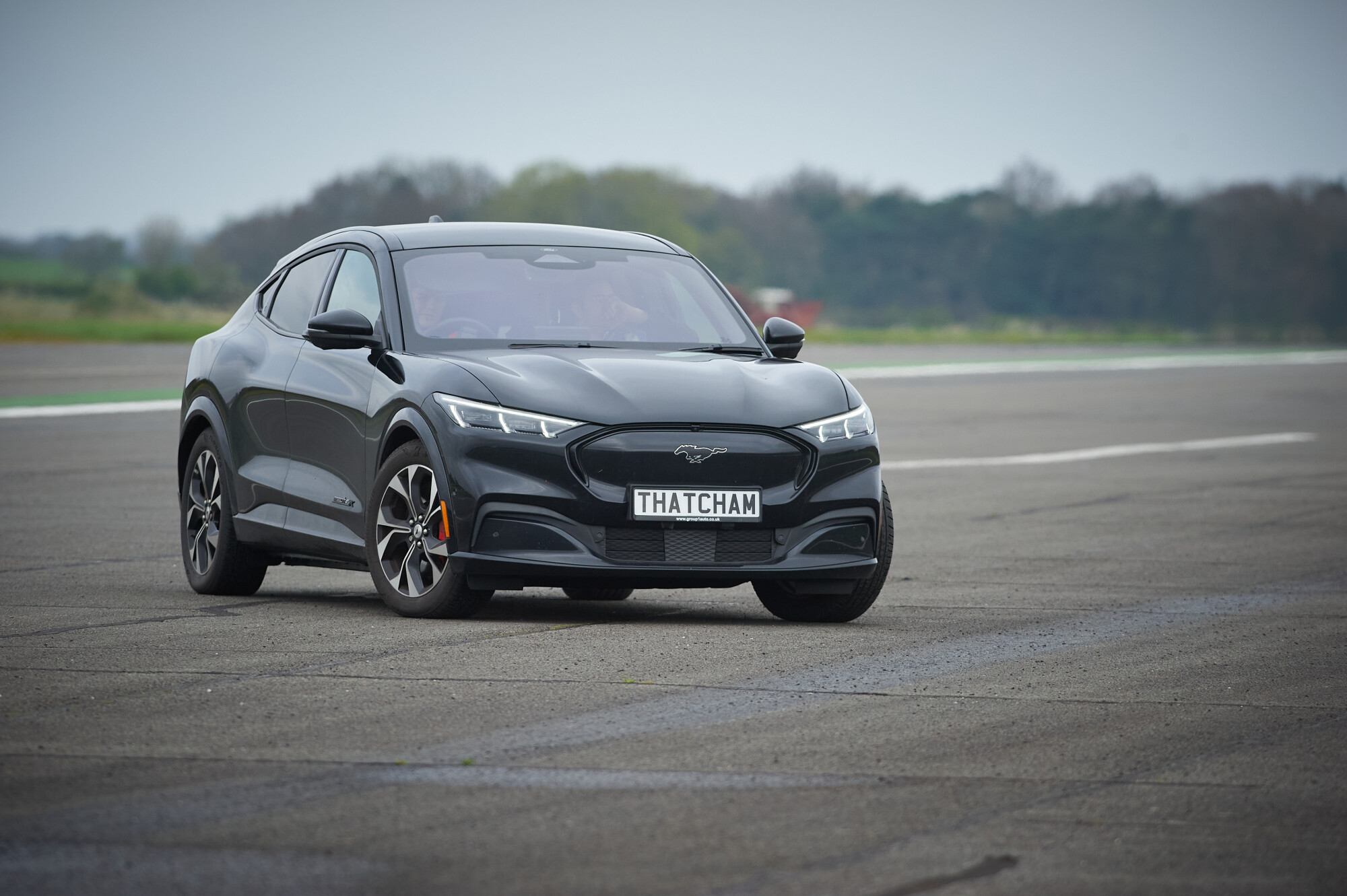- Thatcham Research warns that technology designed to assist drivers is being misinterpreted as ‘Autonomous’
- #TestingAutomation consumer study identifies worrying levels of confusion; 71% of motorists believe that they can buy a self-driving car today, while 11% would be tempted to have a brief nap while using current ‘Highway Assist’ systems
- Euro NCAP launches assessments of ten new cars with Driver Assistance technologies
- New video demonstrates why drivers should not become over-reliant on current Assisted Driving technologies. Watch it here
Research launched today shows that 71% of drivers around the world believe they can purchase a self-driving car right now. The astonishing finding is just one of many worrying perceptions uncovered by the study, which also showed that one in 10 drivers would be tempted to have a nap while using a so-called ‘Highway Assist’ system, such as Adaptive Cruise Control.
The #TestingAutomation study, commissioned by Thatcham Research, Euro NCAP and Global NCAP[1], has discovered potentially dangerous false impressions around the apparent Self-Driving capability of new cars and the safe usage of Highway Assist[2] technologies.
Matthew Avery, Director of Research at Thatcham Research comments, “Some carmakers are designing and marketing vehicles in such a way that drivers believe they can relinquish control. Carmakers want to gain competitive edge by referring to ‘self-driving’ or ‘semi-autonomous’ capability in their marketing[3], but it is fuelling consumer confusion. This is exacerbated by some systems doing too much for the driver, who ends up disengaged.
“Our message is that today’s technology supports the driver. It is not Automated Driving and it is not to be relied upon at the expense of driver attentiveness. The driver is in control and must always remain alert. If used correctly Highway Assist systems will improve road safety and reduce fatalities, but they won’t if naming and marketing convinces drivers that the car can take care of itself.”
Key findings from the study include:
- 7 in 10 (71%) drivers globally and 53% in the UK believe that they can purchase a car that can drive itself today
- The top three brands drivers believe sell fully self-driving cars today are: Tesla (40%), BMW (27%) and Audi (21%)
- One in five (18%) British motorists think that a car marketed as being capable of automatic steering, braking and acceleration allows them to “sit back and relax and let the car do the driving”
- Many respondents said that they would be tempted to break the law while using an Assisted Driving system by texting on a mobile phone (34%), making a hand-held call (33%) or having a brief nap (11%)
- Only half (51%) of drivers believe they would be liable in the event of a crash when using Assisted Driving systems.
“The lack of driver training and standardised controls, symbols and names for these features, is further muddying the waters for consumers,” suggests Avery. Most drivers agreed, with 74% saying that all new car models should have standardised conventions for features such as Adaptive Cruise Control and Lane Keeping Aids. In addition, 77% said they would be happy to watch a short training video or take an online course to better understand the functionality and limitations of a new car’s Assisted Driving technologies.
Automated Driving reality-check
Today, Euro NCAP has also released assessments of the assistance technologies in ten new cars, to help consumers better understand the limits of the systems.
The new assessments compared the performance of Highway Assist systems in ten cars: the Audi A6, BMW 5 Series, DS 7 Crossback, Ford Focus, Hyundai NEXO, Mercedes-Benz C-Class, Nissan LEAF, Tesla Model S, Toyota Corolla and the Volvo V60.
Michiel van Ratingen, Euro NCAP Secretary General said, “Euro NCAP’s message from these tests is clear - cars, even those with advanced driver assistance systems, need a vigilant, attentive driver behind the wheel at all times. It is imperative that state-of-the-art passive and active safety systems remain available in the background as a vital safety backup.”
Euro NCAP’s key conclusions from these tests include:
- No car on the market today offers full automation or autonomy.
- Cars on the market today can provide driver assistance but this should not be confused with automated driving. The driver remains fully responsible for safe driving.
- Used correctly, this technology can help the driver to maintain a safe distance, speed and to stay within the lane.
- These systems should not be used in situations they are not designed for and should not be relied upon as an alternative to safe and controlled driving.
- Different manufacturers have implemented different approaches to the application of driver assistance technologies in terms of the level of assistance given to the driver.
- Euro NCAP’s tests assess and highlight these differences and the varying degree of driver support each manufacturer provides.
Avery comments, “These new Euro NCAP assessments are a heads-up for drivers on what these systems can and can’t do and starkly shows their limitations, proving beyond any doubt that they are not Autonomous.
“It’s a delicate balancing act for carmakers. Offer too much assistance to the driver and they disengage, offer too little and the driver thinks ‘what’s the point?’ and switches the system off. The best systems are those that support the driver but leave them in no doubt that they remain in control.”
Rob Cummings, Head of Motor & Liability at the Association of British Insurers, said: “The arrival of autonomous vehicles will undoubtedly bring a wide array of benefits for modern society through improved safety and convenience, but Thatcham Research have demonstrated that there are still worrying misconceptions about the current state of vehicle technology. It’s essential that consumers know exactly what their car can and can’t do and Thatcham Research are right to highlight their concerns today.”
To download copies of the Euro NCAP datasheets please visit the Euro NCAP Safety Campaign website on 2018 Automated Driving Tests.
--ENDS--
[1] See Editor’s Notes for survey Methodology
[2] Highway Assist systems combine Adaptive Cruise Control, Lane Centring and Speed Assist Systems to support the driver in driving situations on motorways.
[3] See Editor’s Notes for examples of carmaker marketing
Editor’s Notes
Survey Methodology
Commissioned by Euro NCAP, Global NCAP and Thatcham Research, the #TestingAutomation consumer survey was carried out online by the independent market research company Opinion Matters. The research was conducted throughout October 2018 and included 1567 car owners from China, France, Germany, Italy, Spain, the UK and US.
All research findings adhere to the Market Research Society Code of Conduct (2010) in the UK and ICC/ESOMAR World Research Guidelines. Opinion Matters is registered with the Information Commissioner’s Office and is fully compliant with the Data Protection Act (1998).
Carmaker Marketing Examples
AUDI
“The new Audi A6 is developed to take a step towards the era of autonomous driving thanks to the Audi AI garage pilot and the Audi AI parking pilot.” SOURCE
BMW
“Semi-autonomous driving due to Driving Assistant Plus.” SOURCE
CITROEN
“DS CONNECTED PILOT is a step closer to autonomous driving, but still allows you to retake full control of the car at any point.” SOURCE
MERCEDES
“The C-Class is able to drive semi-autonomously in certain situations.” SOURCE
TESLA
“All Tesla vehicles produced in our factory, including Model 3, have the hardware needed for full self-driving capability at a safety level substantially greater than that of a human driver.” SOURCE
VOLVO
“For smoother driving from standstill up to motorway speeds, Pilot Assist semi-autonomous drive supplements Adaptive Cruise Control by adding gentle steering support to help keep the car centred in its lane and at a set speed.” SOURCE
